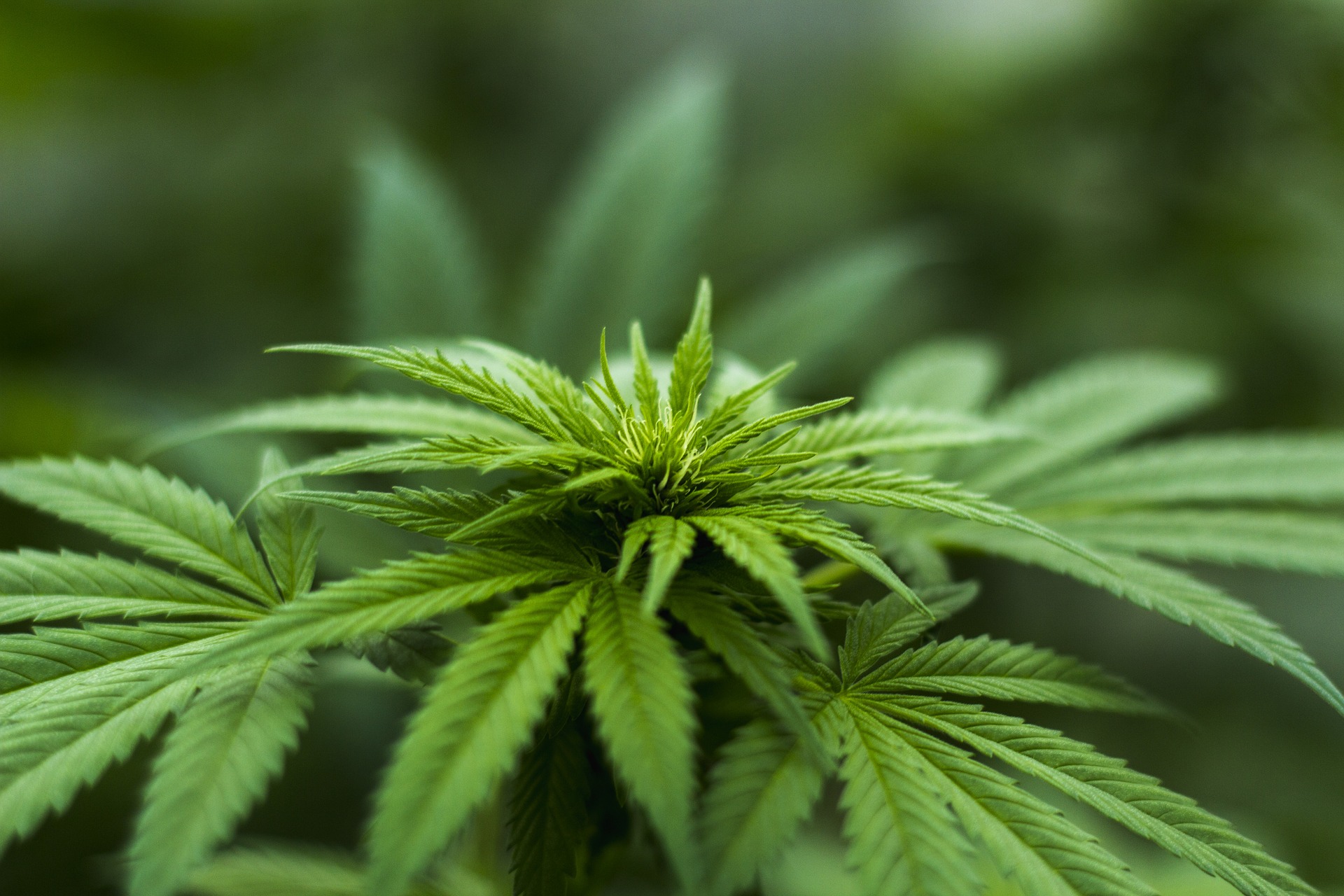The legalization of cannabis in Canada is contributing to a new type of tourism, as well as business opportunities and diversity, a new study says.
“Adding cannabis is another layer, and that creates a whole new set of experiences. addition to that, it’s federally legal,” Dr. Susan Dupej, who is a Social Sciences and Humanities Research Council of Canada Postdoctoral Researcher.
“There’s a reputation for being responsible and education for being tolerant and for being open and progressive society. All of those things, I believe, are going for cannabis tourism in Canada,” said Dupej, who is also with Guelph’s School of Hospitality, Food and Tourism Management.
With the help from her mentor Sanjay Nepal of the University of Waterloo, Dupej started by looking at a database on cannabis tourism-related businesses in this country.
The study focused on the first two years of the legalization of cannabis in Canada.
Dupej said in some of the people that she spoke with had set up cannabis-related businesses in Canada and were doing it by the book.
“The tourism suppliers that I’ve talked to, they’re not interested in breaking the law. They’re not interested in doing things wrong. They want to do things the right,” Dupej said.
“They want to set the standard.”
There are different ways people can be educated about cannabis and there are different ways of consuming it, she said.
“There’s the culture around it and the education when it comes to business folks wanting to come in and actually open up a business in Canada,” Dupej told Humber News.
As well, she said, the push on to get academic institutions involved in providing curriculum about pot sales and usage and tourism.
Providing individuals with information and getting them on the right track knowing the regulations is important, she said.
According to the researchers, in the past three years the Cannabis Act focuses on the production of the cannabis commodity chain, and not so much on the consumption side.
“What we’re facing now, especially as the people in the tourism industry are coming to notice, is that there’s a regulation gap,” she said.
Dupej hopes this study and others that she is currently involved in help shows how cannabis is not in the same family as illicit drugs. The goal is to get rid of that stigma.
Showcasing legitimate results help cannabis tourism, she said.
“Tourism is so important. I think you can set the standards for safety and offer spaces of consumption for people that do need to consume.”
Dupej believes putting more attention to Canadian cannabis-toursim will lead to greater cultural experiences.
“It is going to contribute to Canada’s brand on an international stage as a tourism destination for cannabis.”

